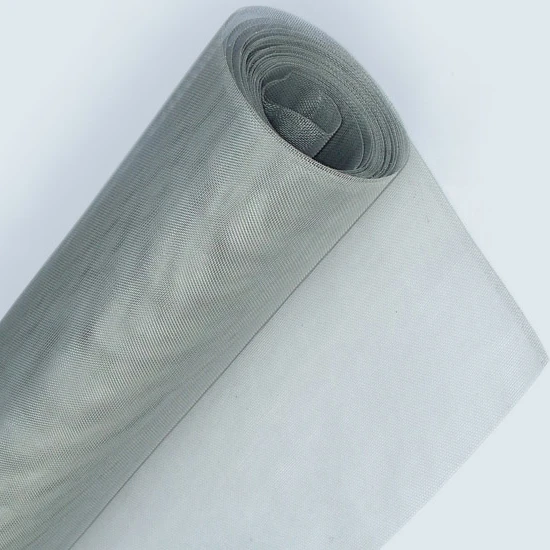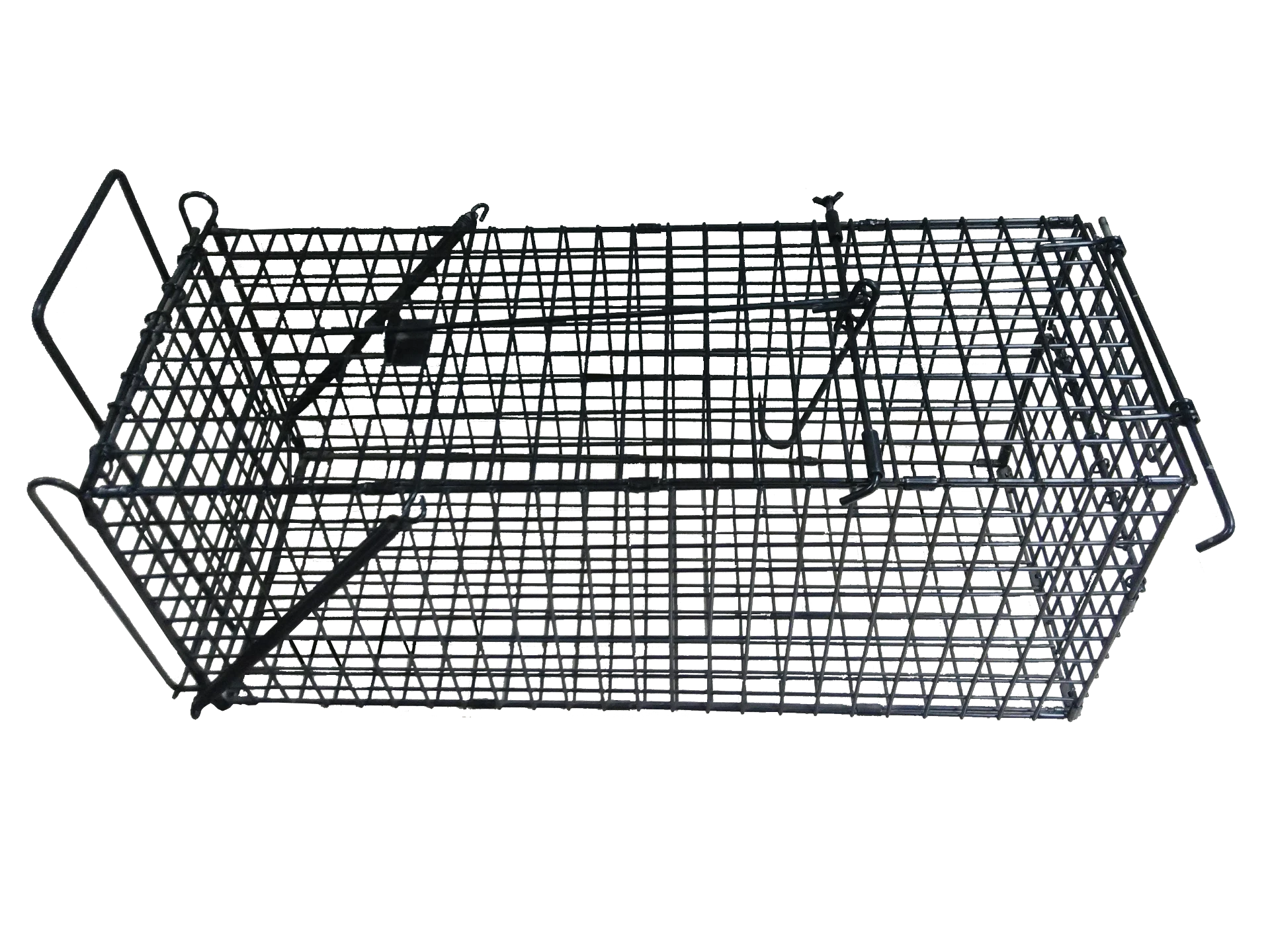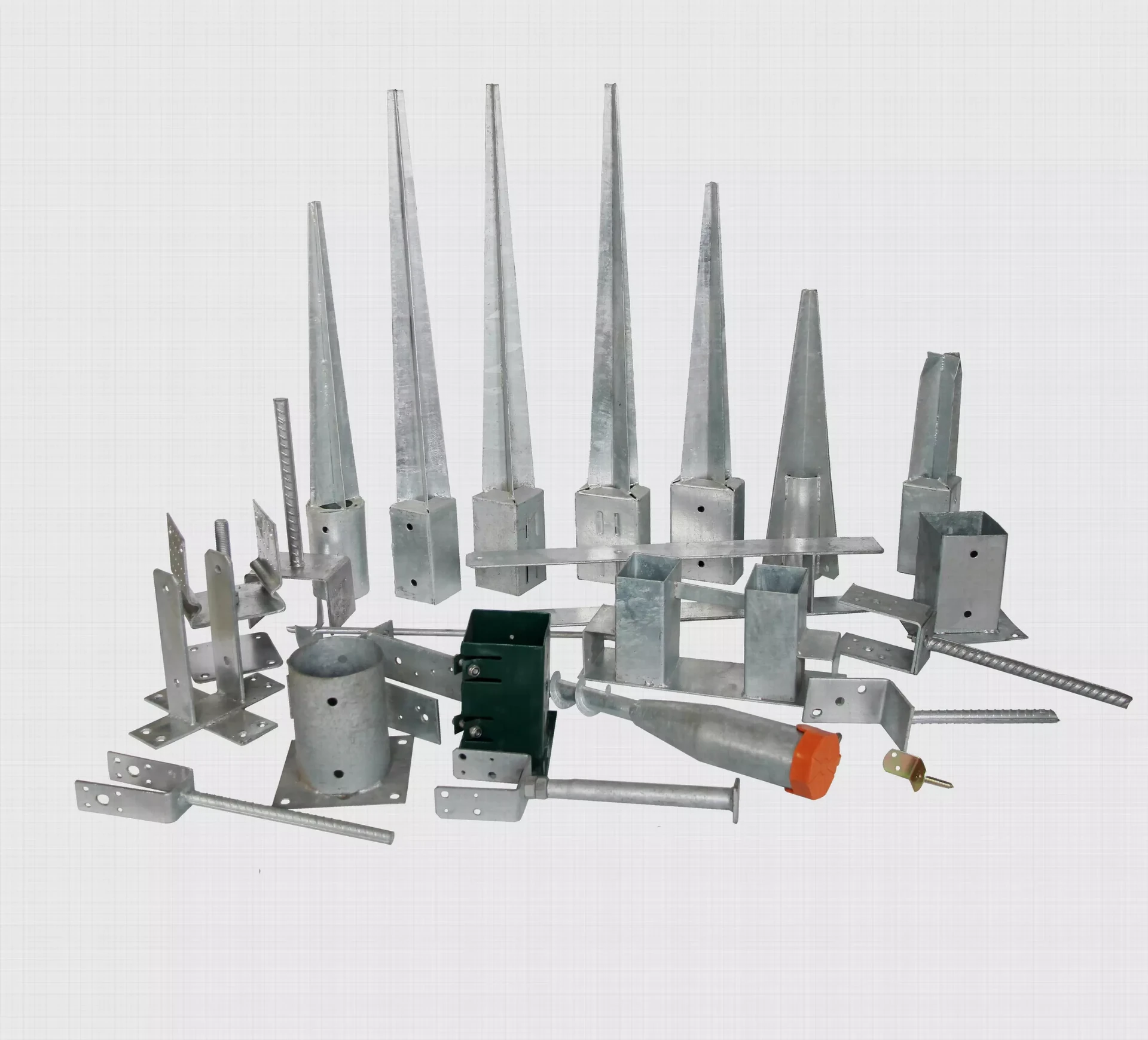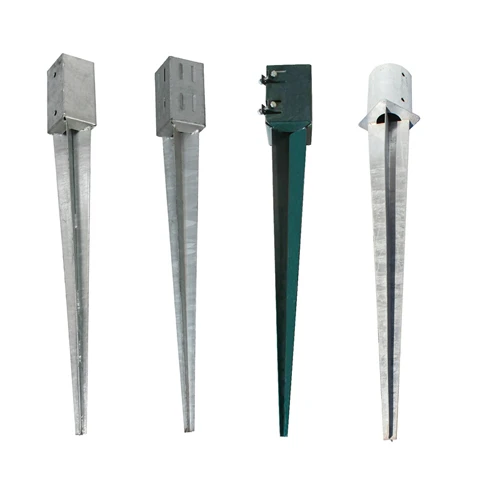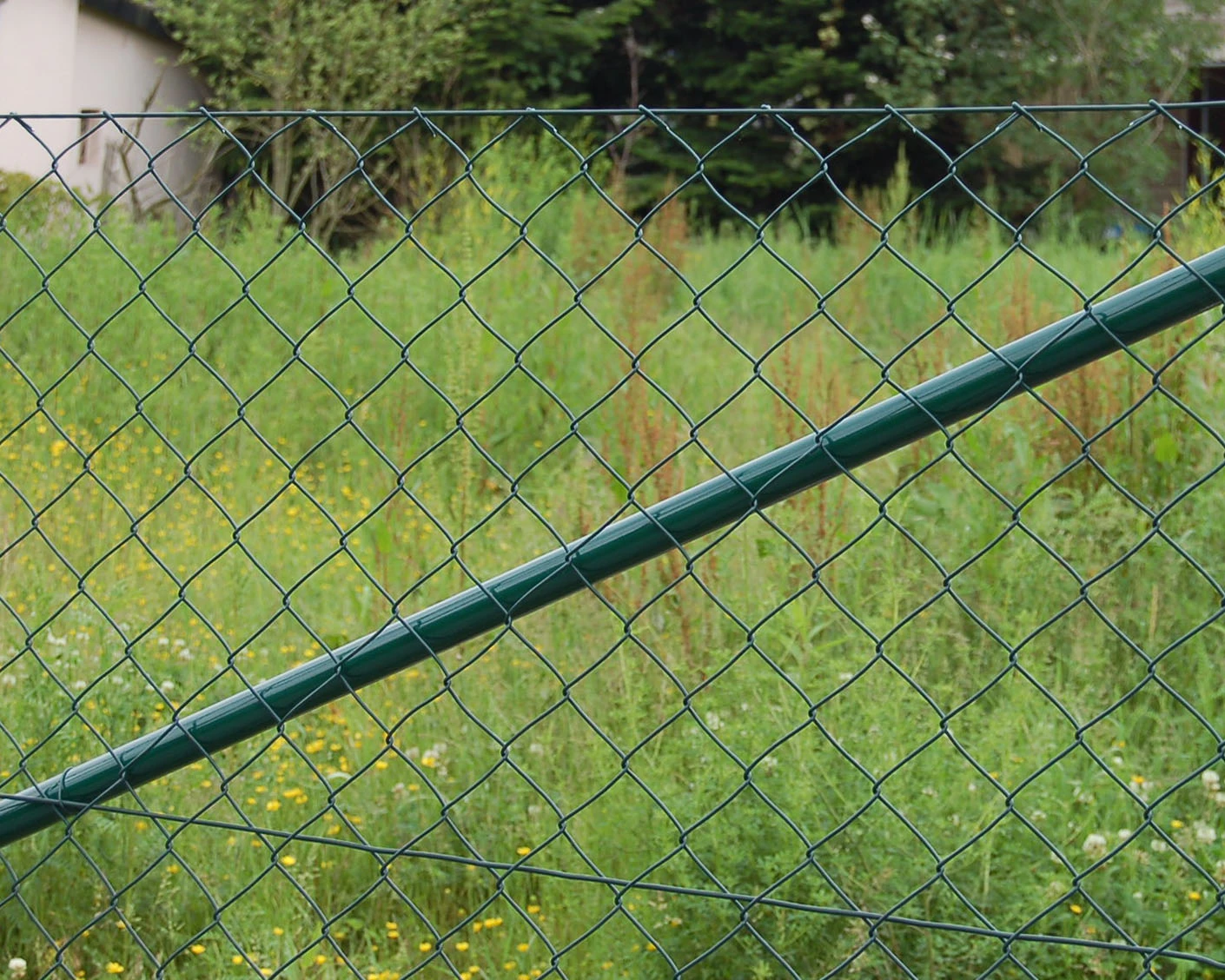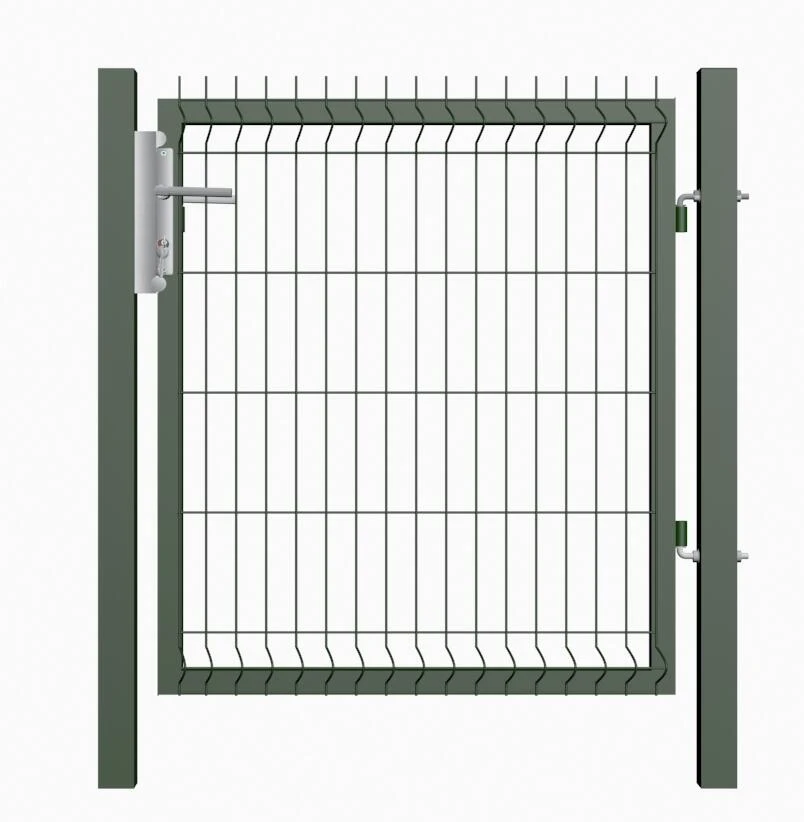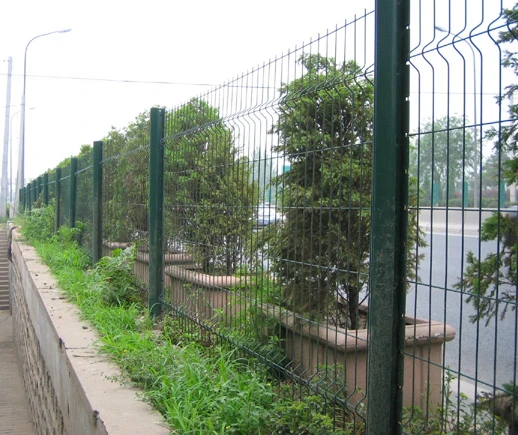Understanding Gabion Stone Costs per Tonne
Gabion stones are a popular construction material, primarily used in landscaping, erosion control, and various civil engineering projects. These stones are typically held within wire mesh caging to create retaining walls, decorative features, or to stabilize slopes. When planning a project involving gabion stones, one of the crucial factors to consider is the cost per tonne. This article will explore the factors influencing the cost, the average prices, and how to budget effectively for gabion projects.
Factors Influencing Cost
1. Type of Stone The type of stone selected plays a significant role in determining the cost. Common options include granite, limestone, river rock, and basalt. Prices can vary significantly based on availability and regional sourcing; for instance, granite typically costs more due to its density and aesthetic appeal.
2. Size and Weight The size of the stones affects how much you’ll pay per tonne. Larger stones often have a higher cost due to the difficulty in quarrying, transporting, and placing them. Smaller stones might be less expensive, but they can require more volume to fill the gabion baskets, potentially increasing overall costs.
3. Quality of Stone The quality of the stones can affect pricing as well. Crushed stone is often more affordable compared to higher-quality, round stones that are aesthetically pleasing. Additionally, stones that are sifted and cleaned before sale may cost more due to the extra processing.
4. Transport and Delivery Location plays a vital role in the overall cost. If you are sourcing stone from a quarry far from your project site, transportation fees will add to your expenses. Local quarries usually offer better rates. Moreover, bulk purchases typically help in reducing transport costs, as many suppliers provide discounts for larger orders.
5. Market Demand Like any commodity, the cost of gabion stone can fluctuate based on market demand. During peak construction seasons or following natural disasters where erosion control measures are in high demand, prices may rise substantially.
Average Cost of Gabion Stone
On average, the cost of gabion stone ranges anywhere from $30 to $100 per tonne. This wide range reflects the aforementioned factors. For instance, more decorative stones, such as river rock, could cost around $60 to $100 per tonne, while basic crushed stone may range from $30 to $50 per tonne. Always consult with local suppliers for the most accurate pricing tailored to your specific region and project needs.
gabion stone cost per tonne

Budgeting for Your Project
When budgeting for gabion stone, it’s essential to account for not only the cost of the stone itself but also associated expenses such as transportation, installation, and any additional materials needed (like wire mesh)
.Here are a few tips to help you budget effectively
- Get Multiple Quotes Contact several suppliers to gather quotes, allowing you to make an informed decision based on price and quality.
- Consider Quantity Discounts If your project requires large amounts of gabion stone, inquire about volume discounts.
- Plan for Additional Costs Include potential costs for tools, installation labor, and any other materials in your overall budget.
- DIY vs Professional Help Assess whether you can install the gabions yourself or if you will need professional help, as labor costs can significantly influence the final budget.
Conclusion
Understanding the cost per tonne of gabion stone and the factors influencing it is crucial for any construction or landscaping project. By considering the type of stone, size, quality, transportation, and market conditions, you can effectively budget your project and make informed decisions that align with your financial resources. With careful planning and consideration, gabion stones can provide an environmentally friendly, aesthetic, and structurally sound solution for various applications.










